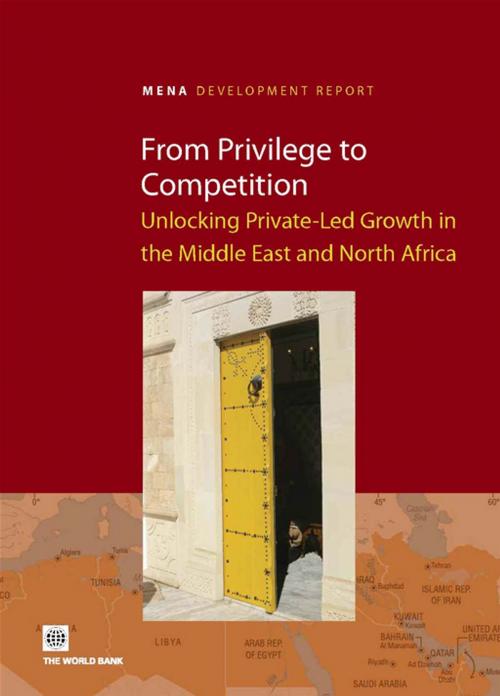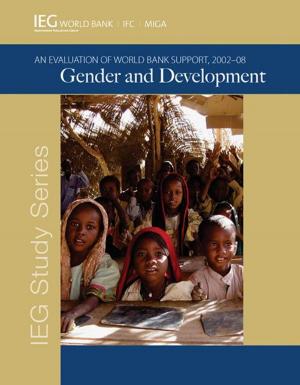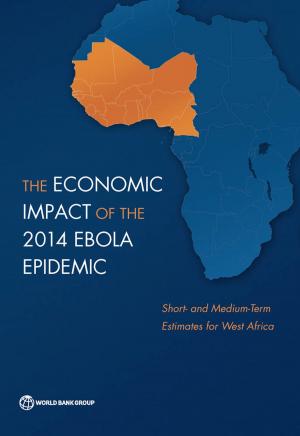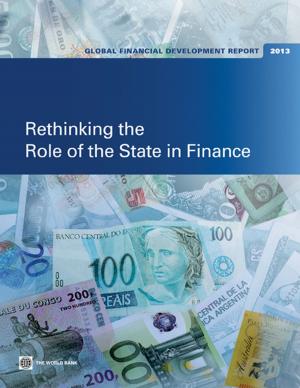From Privilege To Competition: Unlocking Private-Led Growth In The Middle East And North Africa
Business & Finance, Economics, Development & Growth| Author: | World Bank | ISBN: | 9780821378779 |
| Publisher: | World Bank | Publication: | November 4, 2009 |
| Imprint: | Language: | English |
| Author: | World Bank |
| ISBN: | 9780821378779 |
| Publisher: | World Bank |
| Publication: | November 4, 2009 |
| Imprint: | |
| Language: | English |
The future prosperity of most people of the Middle-East and North Africa and the social cohesion of their countries rests in great part on the ability of governments to enable the private sector to respond to this job creation challenge. This is what this report is about. It is about enabling the new generations of entrepreneurs that have emerged over the past years all across the region to play a bigger role in the growth of their countries. It is also about encouraging more investors to believe in the prospects of the region and trusting that business-friendly policy reforms will benefit them and not only a minority of privileged entrepreneurs. From privilege to competition: unlocking private-led growth in the Middle-East and North Africa complements previous regional flagship reports published by the World Bank. In particular, the 2004 flagship report on trade and investment in the MENA region and the 2008 report on education touched upon other fundamental ingredients of economic competitiveness and private sector development. By focusing on market institutions, the quality of implementation of economic policies and the credibility of reforms from the private sector perspective, this report offers a new angle to the growth and employment challenge of the MENA region.
The future prosperity of most people of the Middle-East and North Africa and the social cohesion of their countries rests in great part on the ability of governments to enable the private sector to respond to this job creation challenge. This is what this report is about. It is about enabling the new generations of entrepreneurs that have emerged over the past years all across the region to play a bigger role in the growth of their countries. It is also about encouraging more investors to believe in the prospects of the region and trusting that business-friendly policy reforms will benefit them and not only a minority of privileged entrepreneurs. From privilege to competition: unlocking private-led growth in the Middle-East and North Africa complements previous regional flagship reports published by the World Bank. In particular, the 2004 flagship report on trade and investment in the MENA region and the 2008 report on education touched upon other fundamental ingredients of economic competitiveness and private sector development. By focusing on market institutions, the quality of implementation of economic policies and the credibility of reforms from the private sector perspective, this report offers a new angle to the growth and employment challenge of the MENA region.















